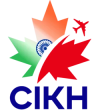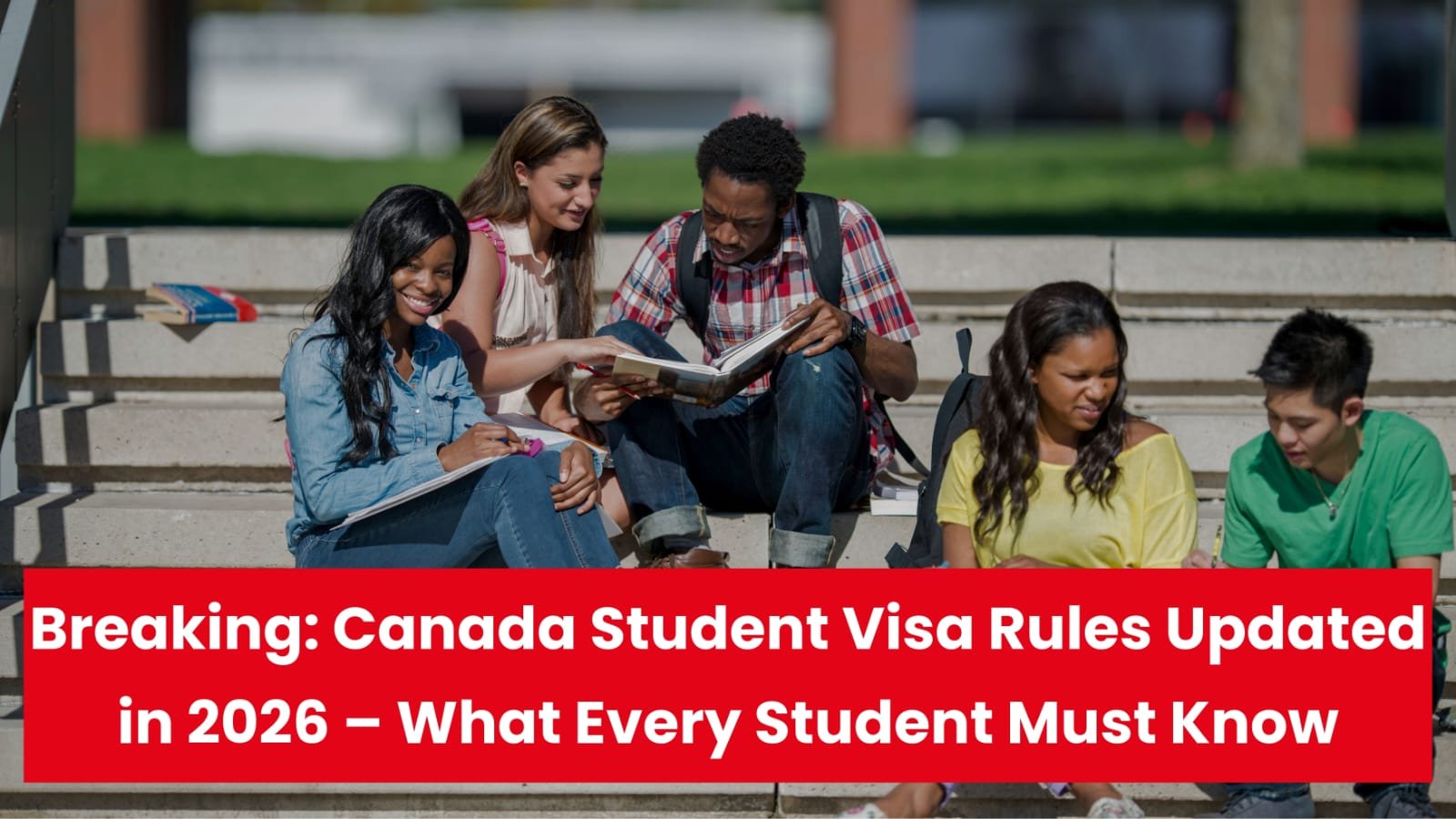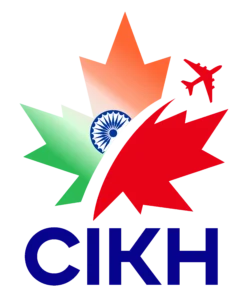Recent trends indicate that Express Entry candidates eligible for category-based selection draws are likely to receive an Invitation to Apply (ITA) even if their Comprehensive Ranking System (CRS) score is below 500.
CRS scores are numerical values assigned by Immigration, Refugees, and Citizenship Canada (IRCC) based on a candidate’s human capital factors when they enter the Express Entry pool.
Additionally, CRS scores are used to determine the cut-off score for each Express Entry draw. The cut-off score is the lowest score among all candidates who receive an ITA in a specific draw.
These scores are crucial because candidates with CRS scores below the cut-off will not be considered for an ITA for Canadian permanent residence in that particular draw.
In recent weeks, various sources have reported that numerous immigration candidates are worried about the high CRS cut-off scores. So far in 2024, there hasn’t been a general Express Entry draw with a minimum CRS score below 524.
Note: In contrast, in 2023, 17 out of IRCC’s 25 non-category-based Express Entry draws (both general and program-specific) had CRS cut-off scores below 518. Of these, six draws had cut-off scores between 500 and 517, while 11 draws had cut-off scores under 496.
CRS scores for category-based selection draws in 2024
This year, IRCC has conducted eight category-based Express Entry draws.
In comparison to IRCC’s nine general and program-specific draws in 2024, the CRS cut-off for category-based draws has been at least 33 points lower in every instance.
The eight category-based draws conducted by IRCC this year are as follows:
February 1: French language proficiency draw: minimum CRS: 365
February 14: Healthcare draw: minimum CRS: 422
February 16: Agriculture and Agri-Food draw: minimum CRS: 437
February 29: French language proficiency draw: minimum CRS: 336
March 13: Transport draw: minimum CRS: 430
March 26: French language proficiency draw: minimum CRS: 338
April 11: Science, Technology, Engineering, and Mathematics (STEM) draw: minimum CRS: 491
April 24: French-language proficiency draw: minimum CRS: 410
Therefore, Express Entry candidates worried about achieving a high enough CRS score for IRCC’s general draws might benefit from targeting ITAs through IRCC’s category-based Express Entry draws, as these tend to have lower CRS cut-off requirements for eligible candidates.
Am I eligible for category-based selection?
To be eligible for an ITA through a category-based Express Entry draw, candidates must meet specific criteria unique to their category.
For more information on the six categories and to determine your eligibility for IRCC’s category-based draws based on your NOC code and other criteria, visit this dedicated webpage.
In particular, besides fulfilling all the requirements outlined in the instructions for a specific round of invitations, applicants must also meet additional criteria relevant to their category.
French language proficiency category
Achieve a minimum score of 7 in all four language abilities (speaking, reading, writing, and listening) on the Niveaux de compétence linguistique canadiens (NCLC).
For more information: In April, IRCC announced that French language proficiency will account for the majority (30%) of ITAs issued through category-based draws this year.
Occupational categories
In 2024, IRCC is prioritizing immigration candidates with eligible work experience in the following five industries:
- Healthcare
- STEM
- Trades
- Transport
- Agriculture and Agri-Food
All occupational categories eligible for category-based selection require candidates to have at least six months of eligible full-time, continuous (or equivalent part-time) work experience within the last three years. This work experience can be obtained in Canada or abroad.
Note: Although the list of eligible National Occupation Classification (NOC) codes varies by occupational category, qualifying work experience must be in a single occupation under one of the qualifying NOCs within a given category.
Who is most likely to benefit from category-based selection draws?
Assuming a candidate is eligible*, foreign nationals with a CRS score below 500 will likely need a category-based draw.
Note: The CRS score above is based on the lowest CRS cut-off score of any general draw in 2024, which was 524 on March 25.
Immigration candidates with CRS scores around 500, as well as eligible candidates who do not meet this threshold, will likely need a category-based selection draw to receive an ITA for Canadian permanent residence if they cannot increase their CRS score through other means.
What if I’m not eligible?
Candidates aiming to enhance their CRS score for general draws can employ strategies to increase their score without switching occupations.
Language
Language proficiency plays a significant role in the CRS scoring system, potentially contributing up to 310 points when combined with other factors like education.
In essence, exceeding the minimum language requirements for any of the three Express Entry-managed programs can boost a candidate’s CRS score. For instance, while the Federal Skilled Worker Program (FSWP) mandates a Canadian Language Benchmark (CLB) 7, achieving higher levels, such as CLB 10, can garner additional CRS points.
Moreover, proficiency in a second official Canadian language can further increase CRS points. Candidates can earn up to 6 additional points per language ability, beyond those obtained for proficiency in the first language.
Beyond the CRS score boost, mastering a second official language offers newcomers to Canada various advantages. It enhances employability, making them more appealing to companies with open positions. Additionally, proficiency in another language facilitates socialization and helps newcomers adapt more comfortably to their new environment.
Education
Education is a factor in the CRS system that can contribute up to 250 points, depending on whether the candidate obtained their educational credentials inside or outside of Canada.
Thus, candidates can enhance their CRS score either by pursuing further education or by obtaining Educational Credential Assessments (ECAs) for their existing credentials.
Note: IRCC mandates that economic immigration candidates educated outside of Canada must obtain an ECA for their highest completed educational credential obtained outside of Canada.
Work experience
CRS scores can be elevated based on an applicant’s NOC level.
Therefore, evaluating your current work experience to determine if your responsibilities align with an NOC categorized as “skilled” by IRCC could potentially earn you more points. Similarly, assessing the duration of your employment may also result in more points, as IRCC awards points for full-time or equivalent part-time work experience based on length.
Moreover, accumulating additional work experience could serve as another method to boost your CRS score.
Changing the principal applicant on your Express Entry profile
In certain scenarios where an Express Entry applicant is accompanied by a spouse or common-law partner, it is advisable to compare their respective CRS scores.
If the assessment reveals that the initially selected principal applicant has a lower CRS score than their spouse or partner, it may be beneficial for the spouse or partner to become the principal applicant. This adjustment can enhance the profile’s CRS score and improve the likelihood of receiving an ITA, provided all other eligibility criteria are met.
Note: Alternatively, couples may opt to submit separate Express Entry profiles for each spouse or partner.





